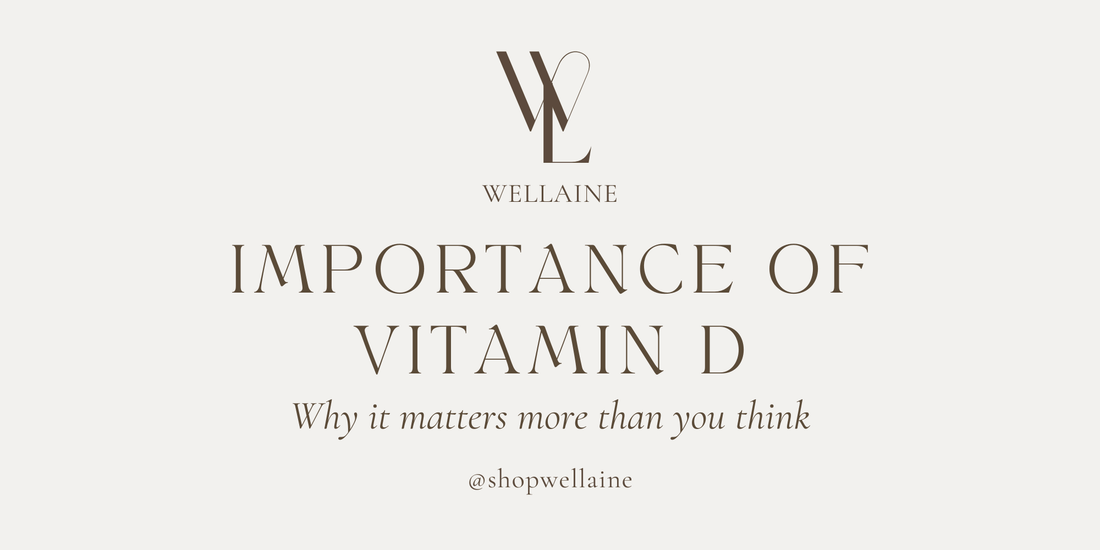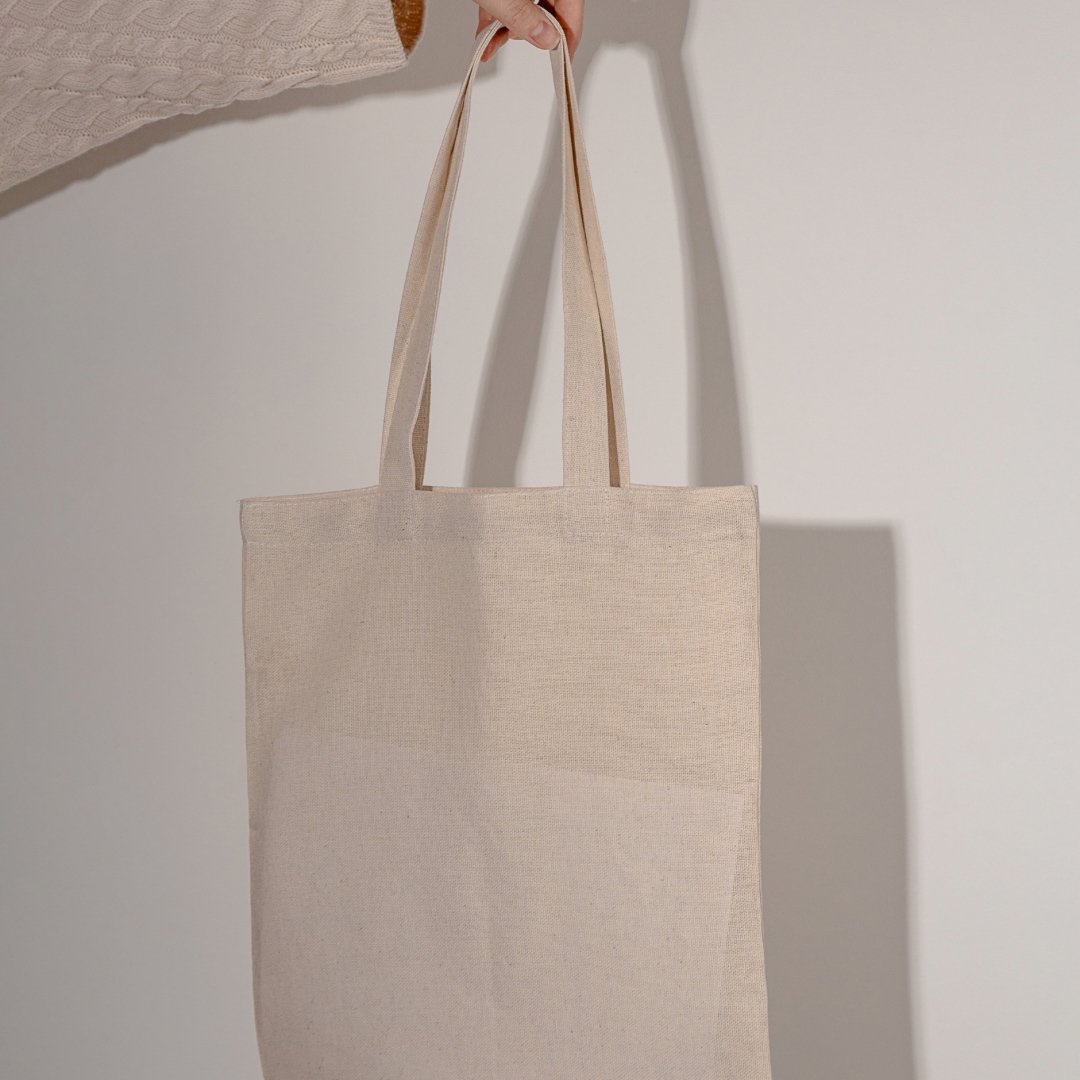
Importance of Vitamin D
Compartir

Are you getting enough Vitamin D?
Let's talk about the sunshine vitamin.
Vitamin D does a lot more than most people realize – from supporting strong bones to boosting your mood, immunity, and even energy levels. But here's the wild part: an estimated 40% of adults in the United States are vitamin D deficient (and even more are borderline). Whether you spend most of your days indoors, wear sunscreen religiously, or live in a seasonal climate, you might not be getting enough of this essential nutrients – yes, even in the summer months so let's break down the basics, so you know what to look for and how to support your body naturally.
WHY VITAMIN D MATTERS
Vitamin D isn't just a vitamin. It acts more like a hormone in the body, helping regulate key systems including:
- Immune Response: your natural defense system
- Calcium Absorption: bone strength and teeth
- Mood Balance: linked to serotonin production
- Energy Levels: fatigue is a major deficiency symptom
When your levels are low, your body feels it.
COMMON SIGNS YOU MAY BE LOW IN VITAMIN D
Even if you eat well, low levels can sneak up on you. Here are a few subtle (and not-so-subtle) signs:
- Tiredness or fatigue that doesn't go away
- Frequent colds or feeling run down
- Mood dips or seasonal blues
- Brain fog
- Muscle aches or joint pain
- Hair thinning
- Slow wound healing
These symptoms are often brushed off as "normal", but your vitamin D status might be the missing piece.
HOW TO NATURALLY SUPPORT VITAMIN D LEVELS
You don't always need supplements to support your body – though they can be helpful. Here are some of the most effective ways to give your levels a healthy boost:
☀️ Get Safe Sunlight Exposure
Your body naturally produces vitamin D when your skin is exposed to UVB rays. Add a short morning walk or sun-soaked stretch session to your self-care routine. It helps your body and your mind.
- Aim for 10-20 minutes per day with arms, legs, or face exposed (no sunscreen during that time).
- The best times are typically between late morning and early afternoon
- If you have darker skin, you may need a bit more sun time
🍳 Eat Vitamin D-Rich Foods
Though food isn't the main source, it still helps especially when paired with healthy fats. Try adding some of these foods into your diet:
- Egg yolks
- Wild-caught salmon
- Mushrooms
- Fortified plant milks or cereals
💊 Consider a Quality Supplement
If your levels are chronically low, a supplement (or injection boost from your doctor) might be necessary, especially in the fall and winter months or if you spend most of your days indoors.
- Look for vitamin D3 (cholecalciferol), which is better absorbed than D2
- Most adults do well with 1,000-2,000 IU/day, but always check with your doctor or get a simple blood test to be sure
BONUS: Many D3 supplements come paired with K2 to support calcium absorption–a smart combo if you're thinking about bone health.
THE TAKEAWAY
Vitamin D might seem simple, but it's a key player in how your body functions and how you feel day to day. The good news? With a few small shifts– like getting a little sun, adding the right foods into your diet, and being mindful of your levels–you can support your body in a big way. And you'll feel the positive difference.
TRY THIS SIMPLE ROUTINE
- Take your morning tea or coffee outside
- Add mushrooms or egg yolks to your next meal
- Start a mini outdoor routine like a morning walk, journaling on the porch, or an afternoon reading break
- Look into your D3 levels before fall hits
Your wellness routine doesn't have to be complicated, just conscious.
Let us know how you're building more light into your days. And if you're looking to support your immune health, mood, or overall glow, explore some of our favorite Herbs & Adaptogens.


